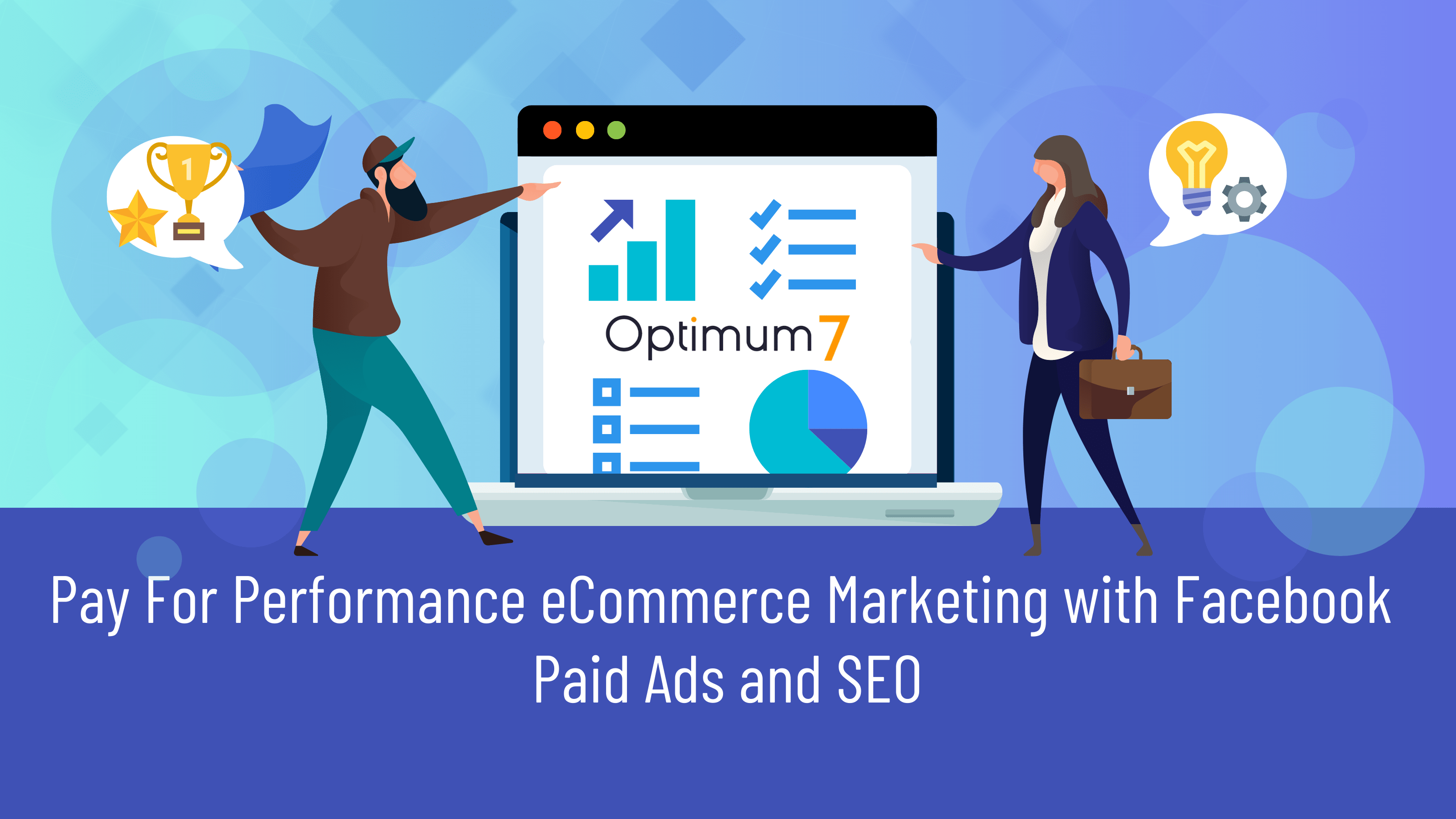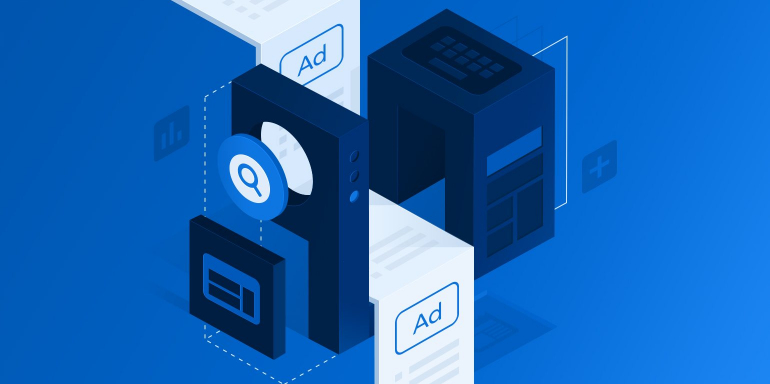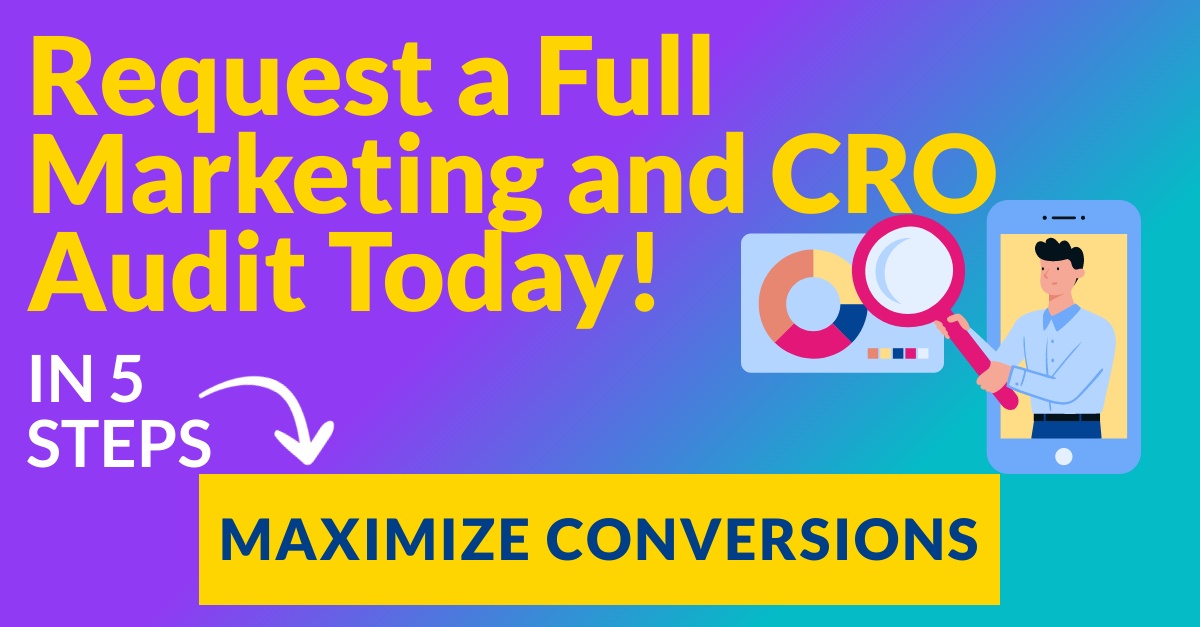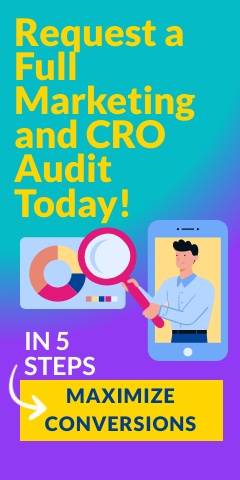If you’re a business owner, you’re undoubtedly thinking to yourself, “Pay for Performance marketing sounds wonderful.” While the idea of just paying for SEO when it is effective is enticing, the sad fact is that this is not how SEO works in practice, for most cases anyway. Using pay-for-performance SEO has a number of dangers, so it’s crucial to know what to look for when selecting an SEO agency.
What is pay for performance SEO?
Pay-for-performance SEO conjointly referred to as performance-based SEO or pay-for-results SEO, is an SEO valuation model within which you merely pay once the agency achieves bound results. These results are usually first-page rankings for specific keywords.
Pay-for-performance SEO services are based on the idea that once your top keywords achieve the desired ranking, you should only be charged for the results. It’s a one-of-a-kind SEO service approach that allows you to see the effects before you pay. The system is suited to any size business, from small enterprises to large corporations.
What Are The Advantages Of Pay For Performance SEO and Marketing?
1. Ranking and Traffic
The PFP SEO strategy adds to your pages and improves their rankings. Traffic must be good in order for your website to be successful. As a result, the problem of traffic generation has been resolved, and you can expect certain outcomes.
2. Conversion
The Pay for Performance SEO model leverages consumer psychology to force conversions. To ensure that your visitors convert, minor modifications will be made to your web page.
3. Zero contractual investments
There’s no need to spend a lot of money on PFP SEO. Pay for the number of keywords and the results they produce. The fee is based on how well those keywords are performing. Pay for What you get.
eCommerce Pay-for-Performance Marketing: a Digital Agency’s Perspective
eCommerce owners and managers look at different options because scaling in eCommerce is very difficult. Whatever money you make, you have to put it back into inventory and the budgets could be sometimes limited when it comes to marketing and new client acquisition. Usually, an owner or manager schedules an appointment and asks, “I have this hot product. Can you guys do marketing for me on a pay-for-performance model?”
When we hear this, what do our marketers say in response?
“We need to analyze the product. Do the products represent the brand or the manufacturer?” The answer is important. We look at the data to make sure that this product or brand makes sense for a paid-for performance model.
We also need to look at their margins and sales. It needs to make sense for us in terms of risk. We’re the ones who are putting in our own money to try to get them more sales. So if we don’t believe in the product or the brand, it’s not going to work out.
Consider the product or inventory. It determines our strategy. Is this a trending product? Is it hot? Where’s it being sold? Is it being sold by other companies?
Ideally, we would want exclusive rights to selling that product. We don’t want other companies or other agencies selling that product as well.
Can I approach an agency for pay-for-performance eCommerce marketing?
Yes, but you have to be an established brand. If you are not an established brand, you have to have a commercial miracle or a really hot product. Both would be ideal.
If you don’t have either, we won’t be able to help you because nowadays eCommerce is very competitive. All the small and medium-sized businesses are competing with giants like Walmart, Amazon, Jet, Wayfair, House and you just don’t have enough. If you don’t have the budget, you won’t be able to make a dent.
The only way we can put the budget is if our ad spend is covered by the percentage we receive from that sale. That’s why you have to be the brand and have a hot product.
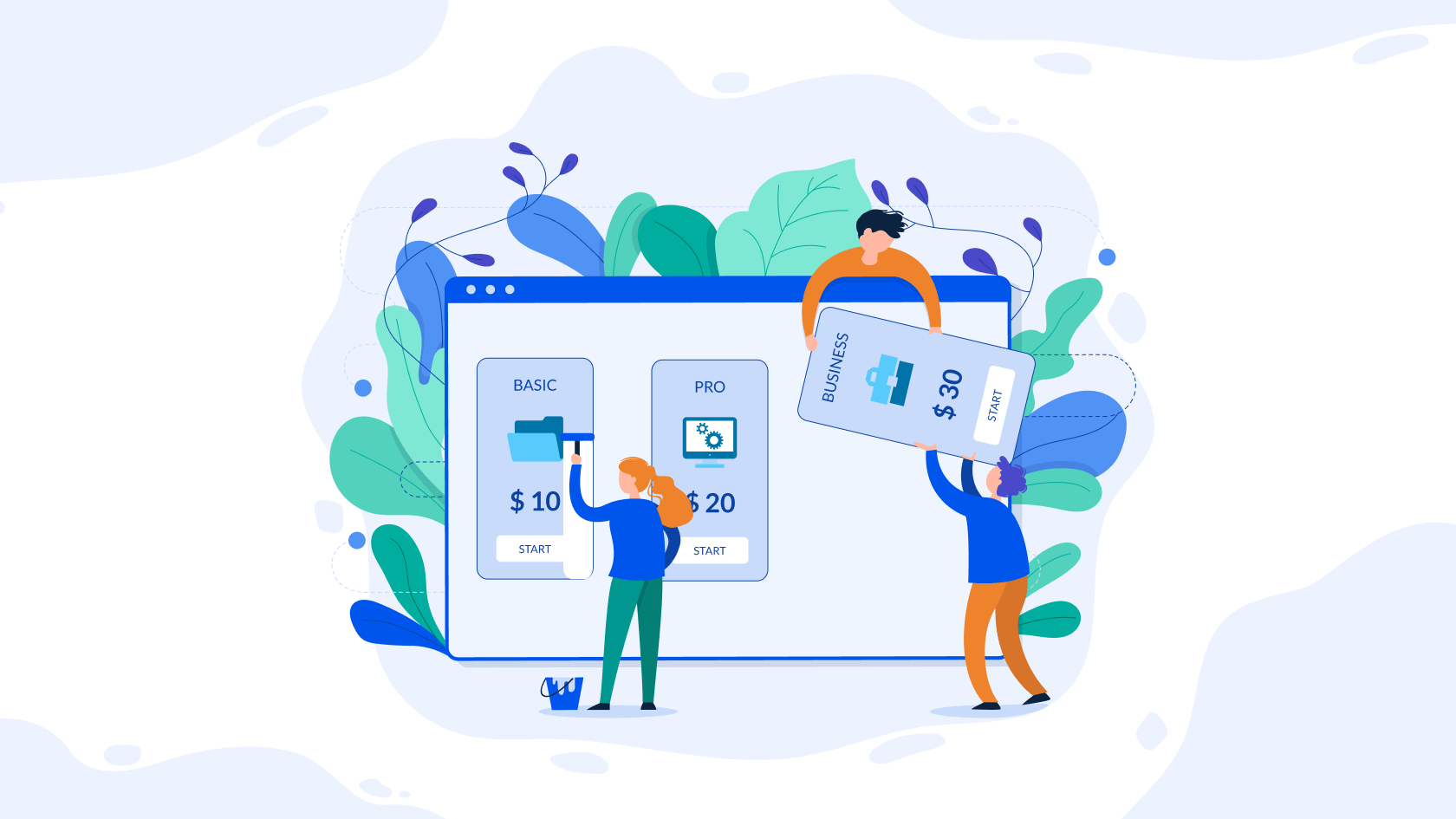 Cost-Effective Pay-for-Performance Pricing Models and Examples
Cost-Effective Pay-for-Performance Pricing Models and Examples
On top of those two, we have a couple of different models. In one, you pay for the ad spend as the business owner and we won’t get paid for our services until we actually generate sales. We have another model where we will actually cover the ad spend for a percentage.
That percentage will be higher and we won’t get paid for our services until you make a sale. It doesn’t matter if you do it with Optimum7, another agency, or a performance marketing company. We’re going to ask for a high commission on the product sales and won’t be liable for returns.
It is possible for you to do a pay for performance marketing on eCommerce products and sales, Bear in mind, however, that in the long-term you’re actually going to be paying us a lot more money if you have a hot product and if you are the brand than if you paid for these services out of pocket. A lot of people don’t understand that. Now it has to make sense from a business standpoint for both sides.
Best eCommerce Industries for Pay-for-Performance Digital Marketing
Which industries have successful pay-for-performance marketing? What criteria do we use to evaluate a particular field?
Frankly, we can have success in any industry, but we really look at average order value and customer lifetime value. The data will justify our initial ad spend with a viable return on the backend.
Are these high ticket items? Will the investment generate recurring business? Is this maybe a subscription product? Does the product have a certain lifespan? Answer all these questions.
Consider this scenario. If I’m selling a $100 product and I make $50 on that product as the business owner, I can afford to give $20 to an agency like Optimum7. I’m going to make $30 instead of $50, and that is still attractive.
It’s a good deal for Optimum7 because the firm will get 20% of the sale price. It’s a hot product, I am the brand or I manufacture this. I control the supply of this product and never run out.
On top of all of that, if I have a reoccurring possibility, it becomes more attractive to us. A bottle of perfume, for example, will run out and the customer will need to reorder it. At Optimum7, we’re making $20 from every sale, and the latter needs to cost less than $20 to make any money.
Ideally I want my CPA, which is my cost per acquisition or cost per sale to be $10. That means that I can spend $10 to make $20 which is a good deal for me as Optimum7 as the pay-for-performance marketing agency.
In contrast, consider if you have a product and your average order volume is less than $50. Unless it’s an incredibly hot product, we’re not going to involve ourselves with that. The average CPC is $4 on Google. Average CPC is $1 on Facebook.
To get 100 clicks on Facebook, that cost me $100 and for my CPA to be lower than a $10 commission. I’m not going to make money because then I need to have 10% conversions on $100 with $1 CPC to be able to even break even. That’s why high ticket items are important for us as well as the returning business from these clients.
Performance-Based SEO, Facebook Ads, and Paid Search Ads for eCommerce
How about paid ads?
We’re talking about Facebook or AdWords. Maybe some retargeting to the bottom of the funnel. We bring in new people from the top of the funnel and then we filter them to bottom of the funnel When we open that up, the orders arrive in bulk.
How about SEO? Can an agency do pure pay-for-performance on content marketing or an SEO?
It’s very difficult to track these metrics when it comes to SEO, in terms of the setup for proper tracking. Tag every single URL from every single piece of content that you create as opposed to the site’s existing material. You need to track every single effort, whether you push the backlink or a new piece of content. You need to put your little mark on anything that you do from an SEO standpoint, so that way you can justify that sale, transaction and subsequent attribution.
At Optimum7, we don’t do pure pay-for-performance SEO, but we have deals with certain brands. These brands are usually doing over $5 million annually. While we have pay for performance deals, we’ll charge a lower base and then we’ll base the pay for performance for SEO or for content marketing based on increasing organic traffic, increase in ranks and a couple of other metrics with conversions because we actually pay attention to conversions as well.
The majority of SEO pay-for-performance models I’ve seen have been on a ranking basis. They never even scrape the surface of a conversion standpoint just because of the difficulties of tracking. So a lot of times you’ll see, I guarantee X amount of keywords on page one for this amount and then X amount on page two for this amount and so on and so forth. So that’s one way of doing it, but that will never translate into dollars.
I could rank you for 1,000 terms on page one of Google, but if they are not buy-terms, it doesn’t mean anything. Nobody can really guarantee rankings. What we do is we guarantee increase in business, traffic, and conversions. From an eCommerce standpoint, it’s hard to double your traffic, but it’s a lot more efficient and actually easier to try to double your conversion rates because there’s a lot of lowest hanging fruit there.
Lead Generation and Pay-Per-Lead Marketing
Are there any other mediums that you would look at from a pay-for-performance standpoint?
Lead generation is another option. For us, pay-per-lead is great. For the business owner, however, does that make sense for them because they now need to analyze these leads.
Owners need to ask the right questions. “Are these leads qualified? What are their conversion rates?”
If they’re not qualified leads and they’re not converting, and it could not be our fault. Owners won’t continue with those services nevertheless. They want to see results.
Pay-per-lead makes sense, but it depends on your entire operation. If you’re not able to close the sales or if you don’t have a good sales team to actually turn those leads into a sale, it doesn’t matter if we give leads to you at $2 a pop. You’re not going to make any money.
How to Pick a Reputable SEO Agency
Here are five traits of the best SEO agencies that typically deliver what they promise:
1) Realistic Goals
SEO is a long-term effort that must be evaluated over time in order to succeed. Look for an agency with a comprehensive long-term approach to increase site exposure and visitors.
2) Quality Referrals
Online reviews and directories should be treated with caution, as SEO firms may pay to make their rankings appear more favorable. These internet directories are frequently judged by paid results. On the other hand, we propose that you contact the firm and ask whether it is acceptable to contact past clients and inquire about their services.
3) Case Studies
Case studies are excellent tools to assess how an agency approaches challenges and the level of success that its solutions have yielded. Look for organizations that have case studies on their websites, or at the absolute least can give you one.
4) Industry Experience
SEO isn’t something you can learn in school, and unlike PPC, there are no respectable credentials available. The greatest way to learn SEO is to put it into practice. To get a sense of the agency’s general competence and experience, search for the agency’s personnel on LinkedIn.
At the end of the day, if you’re thinking about employing pay-per-click SEO, you’re probably better off spending money on paid advertising. Any SEO approach that uses a short-term outcome SEO model to assess long-term organic growth will fail. Slow-growth approaches like targeting top-of-funnel keywords and answering inquiries that match search intent are significantly better investments.
5) Transparency
Any client-agency relationship needs to be built on trust and accountability. An agency should be able to communicate the campaign’s goals, techniques, and SEO outcomes in a clear and concise manner. It may be time to look for alternative possibilities if an organization gives you only dull replies and updates.
Misconceptions Of Pay-for-performance SEO
-
Your rankings won’t last
The most typical complaints against PFP SEO include the employment of dubious practices to influence rankings and overcharge clients. Unfortunately, some organizations may use black-hat techniques to manipulate rankings and charge you on a monthly basis! But it isn’t the price strategy that is to blame. It’s only a few rotten apples spoiling the bunch!
-
PFP SEO companies that guarantee ranking and traffic
You’ve heard it a million times, but we’ll say it again: never fall for baits and assurances for Google rankings. However, don’t be fooled by the claim that you won’t have to pay unless your rankings improve. Fortunately, you won’t pay for a PFP SEO service unless you reach your target rankings!
-
Pay-for-performance SEO agencies that employ a black-hat tactic
The most typical complaints against PFP SEO include the employment of dubious practices to influence rankings and overcharge clients. Unfortunately, some organizations may use black-hat techniques to manipulate rankings and charge you on a monthly basis!
Does Pay for Performance Marketing Make Sense for Your eCommerce Business?
Let’s go back to eCommerce pay-for-performance marketing. At Optimum7 we do this with certain brands. Your numbers will help predict the return on investment.
The first page of Google is where you’ll get a lot of traffic. You have a vast sales potential with a high search traffic keyword. PFP SEO is ideal for you. Conversion rates are good when the conversion rate is high and there’s a lot of traffic. This works best if your competitive keywords can already generate some sales.
PFP is a great alternative if you’re thinking about Pay per Click. Because 80% of people prefer to click on organic search results, PPC may be costly. Only 20% of people click on sponsored results.
Traditional SEO, on the other hand, is your best bet if your company is missing out on sales-driving keywords. First-page ranking visitors have a better possibility of converting if your website is relevant to competitive keywords. If you have more complicated prospective consumers who come from a range of terms, however, SEO is the way to go.
Tired of wasting money on digital marketing strategies that don’t provide results?
